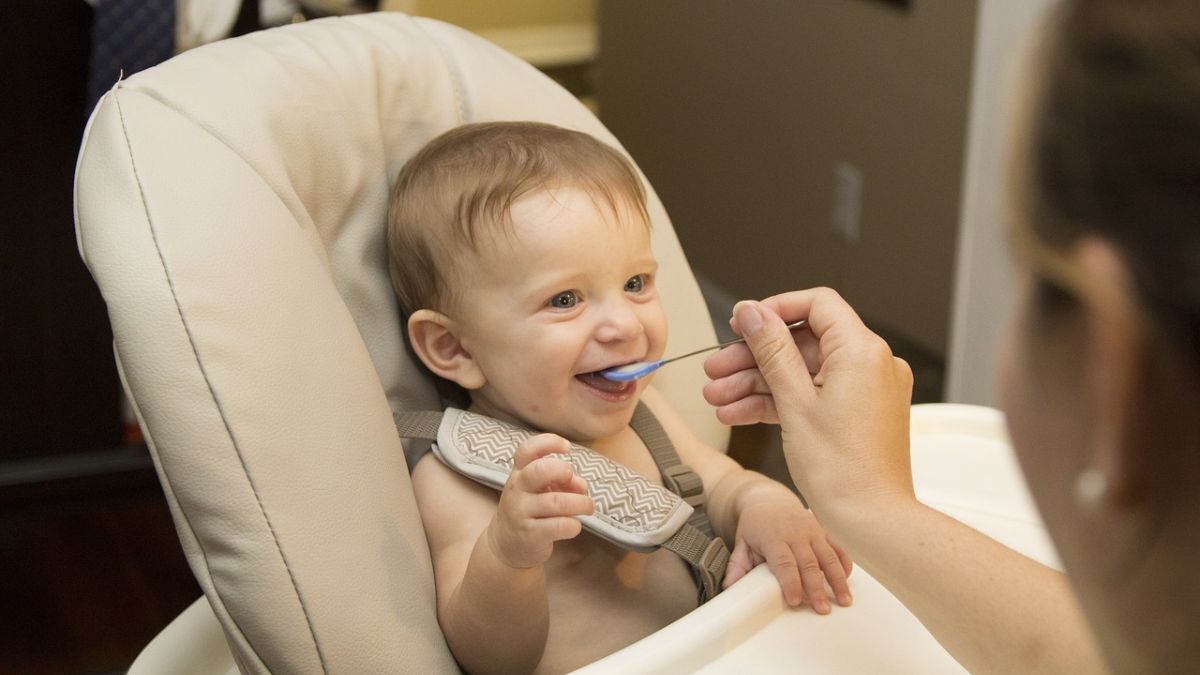Australia is taking steps to tackle peanut allergy in babies. The country has launched a nationwide programme to build immunity for those allergic to peanuts.
Touted as the world’s first, the initiative entails life-saving treatment for babies with potentially deadly peanut allergies. Ten paediatric hospitals in five states have joined hands with the National Allergy Centre of Excellence (NACE) to roll out the peanut oral immunotherapy (OIT) programme, reported ABC (Australian Broadcasting Corporation).
How will it work and why has Australia launched the ambitious plan? We explain.
What’s a food allergy?
Food allergy is an abnormal response of the body to certain foods. When the body’s immune system feels a specific food is a “danger” to your health, it generates immunoglobulin E or IgE antibodies, according to Johns Hopkins.
These react to the food, causing allergy symptoms such as hives, asthma, itching in the mouth, stomach pains, vomiting, or diarrhoea.
Severe allergic reaction (anaphylaxis) includes symptoms like difficulty in breathing, wheezing or persistent cough, swelling of the tongue or throat, difficulty talking, and continuous dizziness or collapse.
Eggs, peanuts, cow’s milk, shellfish, fish, tree nuts, soybeans and wheat are some of the most common allergy-inducing foods in Australia, reported The Guardian.
Australia’s world-first peanut allergy treatment
Australia will offer oral immunotherapy to babies with a peanut allergy.
As per BBC, eligible babies will be given peanut powder every day for two years, which will help in building up their tolerance. The doses will be increased over time so that their sensitivity to peanuts can be reduced.
Impact Shorts
More ShortsThe initiative will be carried out under the supervision of select paediatric hospitals around the country.
“This is a slow process. Under supervision, each child has increases in dose each month at a level that shouldn’t cause a reaction for that child,” programme medical lead Dr Tim Brettig told ABC.
“Eventually they will reach a maintenance dose, where they’ll then stay and continue this dose for up to two years before stopping to see if this treatment has been effective.”
Only children under 12 months who have been diagnosed with a peanut allergy and are getting care at one of the 10 participating hospitals will be eligible for the programme, reported BBC.
According to Brettig, the peanut powder will be given to infants mixed into other foods.
With this, the hope is to increase the tolerance threshold and decrease the risk posed by peanuts to allergic babies.
“In some cases, [the threshold] might be so high that they can eat peanut in their diet freely, for others it might raise it to a level where accidental exposures wouldn’t result in an allergic reaction,” Brettig was quoted as saying by BBC.
After the end of two years, a food allergy test will be done to ascertain if treatment led to remission, reported AFP.
Doctors have warned families against trying oral immunotherapy at home without supervision.
“This programme follows a carefully planned dosing schedule and children are under the strict medical supervision of their hospital allergy team,” Dr Brettig told ABC.
ALSO READ: Is it possible to be allergic to alcohol?
Reasons behind the plan
Australia is referred to as the “allergy capital of the world”. About one in 10 Australian children develop a food allergy in the first year of their life.
Nearly 3 per cent of Australians are affected by peanut allergy by the time they turn 12 months old, according to government data.
As only 20 per cent of children outgrow the allergy to peanuts by the time they grow up, it is the most common food allergy among school-aged children.
Director of the NACE Professor Kirsten Perrett told ABC this is the first time oral immunotherapy has been adopted as a national model of care for peanut allergy, outside clinical trials.
“[It] aims to change the way the most common food allergy in Australian in children is managed, from strictly avoiding peanut in the diet to slowly building tolerance to the allergen and hopefully achieving remission,” she said.
“Ultimately, we want to change the trajectory of allergic disease in Australia so that more children can go to school without the risk of a life-threatening peanut reaction.”
Assistant Minister for Health Ged Kearney has called the programme a “game changer”. “[This] might be the game changer we have all wanted to stop this terrible allergy in its tracks.”
With inputs from agencies
)